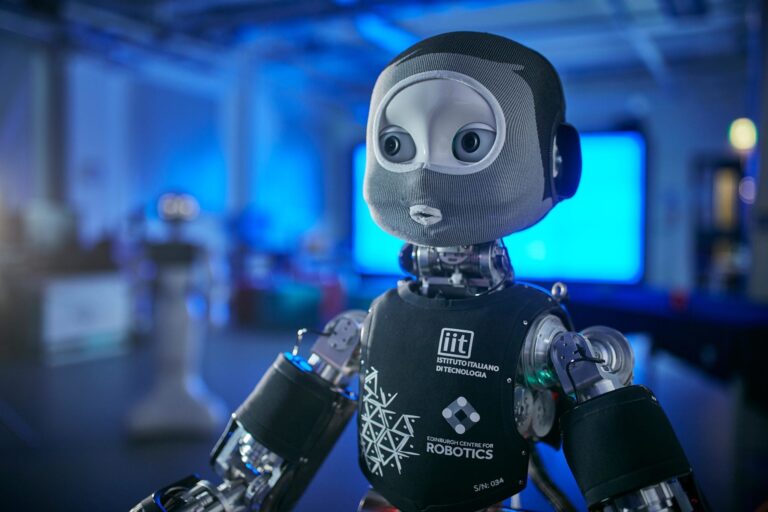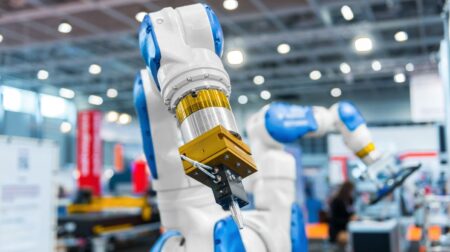AI and robotics experts from a public research university in Scotland have started work on what is believed to be the world’s first multi-user conversational robot for healthcare.
Part of a multimillion-pound collaborative project involving experts from eight European and Asian institutions, SPRING (Socially Pertinent Robots in Gerontological Healthcare) is the first research project to be announced by the National Robotarium, based at Heriot-Watt University, in Edinburgh.
SPRING, a four-year project funded by Horizon2020, will develop socially assistive robots (SARs) with the capacity to perform multi-person interactions and open domain social conversation for the first time in a healthcare setting.
The project will focus on supporting elderly patients by coupling scientific findings and user-focussed technological developments to bring social robots into gerontological healthcare.

Professor Oliver Lemon, who is leading the project at Heriot-Watt University, said: “Research shows that the careful use of robots in group settings can have a positive impact on health, such as decreased stress and loneliness, and improved mood and sociability.
“Healthcare practitioners have been supportive of the use of robots during the non-medical phases of time in hospital because social robots can help explain complex concepts to patients with limited medical knowledge.’
According to Lemon, social robot technology is of interest for elder care because robot companionship has the long-term potential to better connect people with each other.
“Social robots could improve both psychological well-being and the relationship between patients and hospital professionals,” said Lemon.
“It has the potential to create tremendous social impact and economic value.

“This type of technology is touch-free and hands-free so will be in great demand in the future as it will reduce the risk and spread of infection.”
SPRING will develop new research into conversational AI, computer vision, machine learning and human-robot interaction, alongside human behaviour analysis and sensorimotor robot control.
The work will focus on helping social robots to understand various individuals and group situations and take appropriate decisions such as identifying patients that have been waiting alone for a long time or who might be anxious.
The social robots will ultimately engage in face-to-face conversation with patients, their family members, staff members, and with whole groups of people.

SPRING’s partners include: Inria Grenoble, Università degli Studi di Trento, Czech Technical University Prague, Heriot-Watt University Edinburgh, Bar-Ilan University Tel Aviv, ERM Automatismes Industriels Carpentras, PAL Robotics Barcelona, and Hôpital Broca Paris.
The National Robotarium building will open on Heriot-Watt’s Edinburgh campus in 2021.
 Want to learn more about how automation is transforming healthcare? Robotics and Automation – the UK’s largest dedicated robotics and automation exhibition – takes place on the 3rd and 4th November 2020 at the Ricoh Arena, Coventry. Register your interest now at www.roboticsandautomation.co.uk
Want to learn more about how automation is transforming healthcare? Robotics and Automation – the UK’s largest dedicated robotics and automation exhibition – takes place on the 3rd and 4th November 2020 at the Ricoh Arena, Coventry. Register your interest now at www.roboticsandautomation.co.uk








